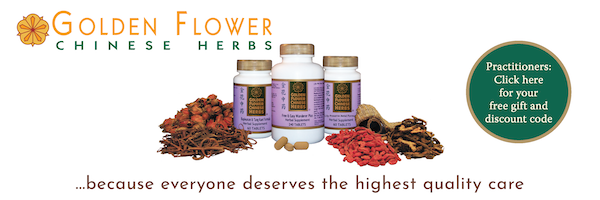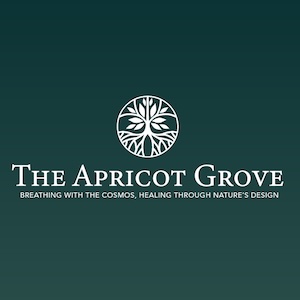Brenda Hood often reminds me “Chinese concepts, especially classical Chinese concepts, are big and multidimensional. They are extremely dependent on context and while shades of meaning often cross over, they can be quite different and be more or less encompassing of ideas depending on actual context.”
Which is why I’m always questioning myself when wrestling ancient Chinese ideas. What’s more, it will seem culture itself is constantly rewriting history to fit the current zeitgeist. So words and ideas, they shape-shift through time.
In this episode we discuss 意 Yi, commonly translated as Meaning or Significance, and also as Intention.
Intention gets talked about a lot in our trade, but for me over the course of time, I feel less and less clear just what Intention is, and how it relates to my clinical work. I’ve got some questions about it, and was delighted to sit down with Stephen Boyington, Leslie de Vries and Volker Scheid to see if they could thrown some light on what for me has increasingly become a murky term.
Listen into this both scholarly and practical discussion on 意, Yi as it relations to medicine and how the doctors, poets and calligraphers over the centuries have puzzled over this as well.
In This Conversation We Discuss:
- You have to be prepared that people will take what you write in a way that is opposite of what you intended
- The joy of looking at things that are not stable, that are contested
- Looking to where things are falling apart
- The 意 of 意者醫也 yi zhe yi ye is not the same as the 意 yi associated with the Spirit of the Spleen
- As English speaking people with a sense of personal agency in the world, we easily imagine Yi to mean our capacity to influence the world
- Poets and calligraphers also have much to say about Yi
- Considering Yi less as a thing and more as a constellation
- Yi as a way to considering the mediation of the inside and outside
- The physiology of Yi
- Yi as a way of negotiating inner and outer worlds
- Paying attention to how the transmission of knowledge can go wrong, because words cannot capture the totality of a situation
- Zhu Dan Xi’s influence on 意者醫也 yi zhe yi ye
- What does illness mean to the patient?
- You don’t read the same book the same way the second time you read it
- Yi to be effective, must be disciplined
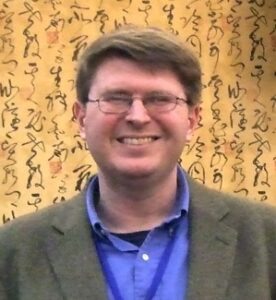 Stephen Boyanton, Ph.D
Stephen Boyanton, Ph.D
I am a writer, translator, and scholar. I received my BA in Anthropology from the University of Florida (1995). Afterwards, I spent four years living in China before returning to the U.S. to pursue an MA in Religious Studies at the University of Virginia (2004) and an M.S. in Chinese medicine from the Pacific College of Oriental Medicine, San Diego (2008). I began my dissertation research on a Fulbright Fellowship at Beijing University of Chinese Medicine 北京中醫藥大學 in 2011-12 and in 2015 completed my PhD in East Asian history at Columbia University, focusing on Chinese medical history. You can find out more about my work and interests on the pages Writing, Translation, and History.
I usually reside in Chengdu, Sichuan, China, where, in addition to working, I enjoy eating spicy food and walking in the big mountains. The COVID-19 pandemic, however, has stranded my family and I in theU.S. for over a year. You can find out about my publications and translations at www.stephenboyanton.com, and more about my travels and reflections at my other blog tenthousandli.me.
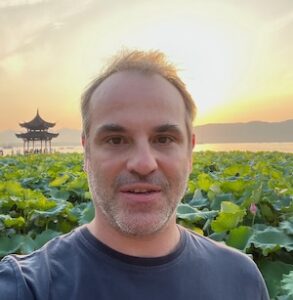 Leslie de Vries, Ph.D
Leslie de Vries, Ph.D
Leslie de Vries is a Belgian historian of East Asian medicine. His research focuses on ‘warming and tonifying’ (wenbu) medicine in China and Vietnam. Leslie’s interests in the academic study of Chinese medicine were triggered when he started training Daoist informed martial arts and health practices at China Arts College, Antwerp.
His PhD dissertation on the Ming dynasty physician Zhao Xianke, completed at Ghent University in 2012, was well received in circles of practitioners and academics. Afterwards, he did postdoctoral research with Volker Scheid at the University of Westminster and worked as a Lecturer in East Asian Studies in the Department of Religious Studies at the University of Kent. Since 2023, after having lived in China and in the UK, Leslie has returned to Belgium.
He now teaches East Asian religions at the KU Leuven and is also an affiliated scholar at Ghent University. Leslie continues to write on topics related to medicine and religion in East Asia, for audiences of both academics and practitioners.
Visit Leslie on his website or on LinkedIn.
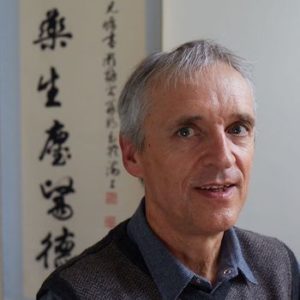 Volker Scheid, Ph.D
Volker Scheid, Ph.D
I grew up in rural Germany in a family engaged in the cultivation of medicinal herbs. Following an apprenticeship as a gardener I moved to England to study phytotherapy (Western herbal medicine) and Chinese medicine. Further studies led me to China, where I completed three years of postgraduate training at Beijing and Shanghai Universities of Chinese Medicine and also apprenticed with several nationally renowned physicians.
My clinical studies led to a deepening academic involvement with East Asian medicines, which I pursued at the University of Cambridge, the School of African and Oriental Studies (London), and the University of Westminster, where I was Professor of East Asian Medicines and Director of EASTmedicine (East Asian Sciences and Traditions in Medicine). I have published over thirty papers in peer-reviewed journals, as well as two influential monographs: Chinese Medicine in Contemporary China (Duke UP 2002) and Currents of Tradition in Chinese Medicine, 1624-2000 (Eastland Press 2007). I am the lead author of Formulas & Strategies, 2nd ed. (Eastland Press 2009)
Throughout my academic career I continued to practice, and by now have almost forty years of clinical experience. As a teacher, my aim is to guide students to become rounded practitioners by learning to work effectively with different tools and perspectives. I refer to this as meta-practice.
Links and Resources
Visit Volker’s webpage: www.volkerscheid.net which has links to many of his articles and publications.
And join him for his Advanced Chinese Medicine course on Developing Clinical Mastery Through Meta-Practice.








